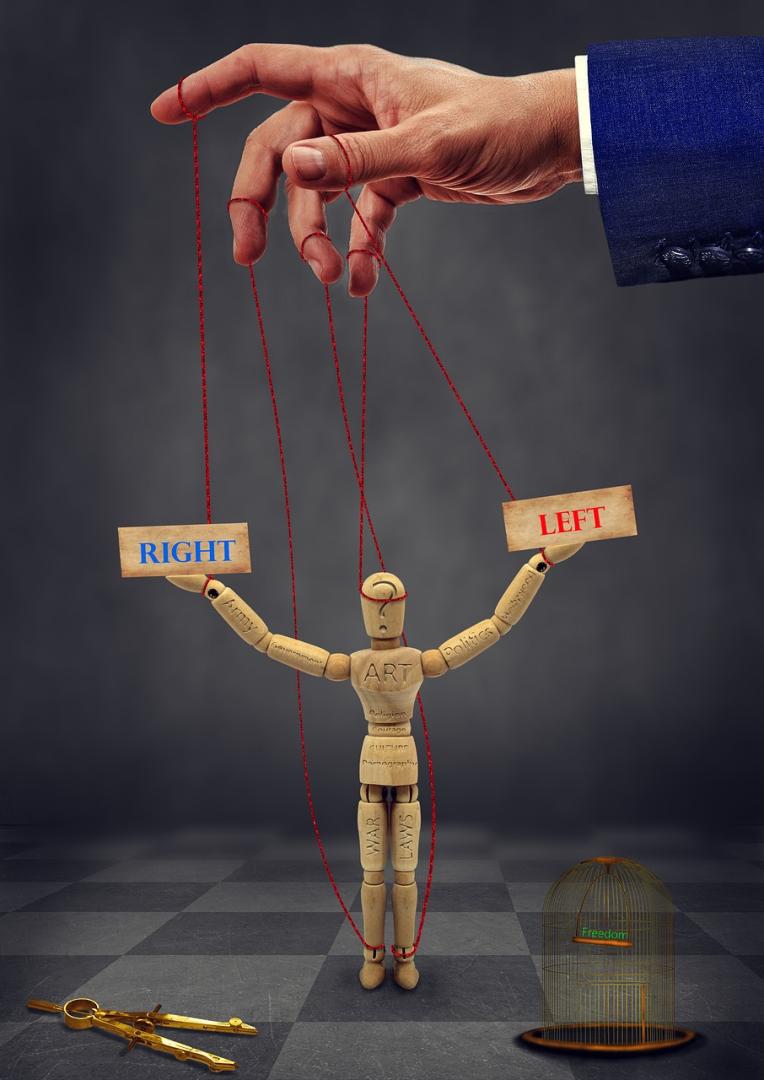You’ve probably heard someone say, “He’s so controlling,” or “She’s always pushing me to do things her way.” Maybe you’ve even found yourself thinking this about someone in your own life. If you feel like your relationship is off-balance and you’re constantly being controlled or manipulated, it’s important to understand what that looks like so you can take action to protect yourself.
Controlling behavior often stems from deep insecurity. A controlling partner typically wants you to align with their thoughts, decisions, and behaviors because it makes them feel better about themselves. They may rely heavily on the relationship to meet their emotional needs, but not in a healthy way. When a relationship becomes more about what they want than about mutual respect and understanding, it’s a serious concern.
In the worst cases, controlling behavior can escalate into emotional or even physical abuse. If you find yourself feeling more fearful, anxious, or constantly walking on eggshells around your partner, it’s time to take a step back and evaluate the situation.
Here are five key signs that you might be in a controlling relationship:
1. You Can’t Say “No” Without Consequences
If every time you try to say “no” to something, your partner pushes harder or gets angry, this is a major red flag. In a controlling relationship, your boundaries are often disregarded. They may try to guilt-trip you, raise their voice, or even act out of frustration to force you into compliance. Healthy relationships are built on mutual respect, where both partners feel safe to express their needs and opinions. Fear of a partner’s reaction—whether it’s anger, silence, or emotional manipulation—is never a sign of a healthy relationship.
2. You’re Constantly Being Told to Change
In a controlling relationship, you might feel like you’re never enough. Your partner may consistently try to change everything about you—from your appearance to your personality, your friendships to your hobbies. The underlying message is often, “Be more like me” or “Be more like I want you to be.” This can show up in subtle ways (like commenting on what you wear) or more direct demands (such as telling you who you can and can’t talk to). Healthy relationships embrace each other’s individuality, encouraging growth while respecting your identity and autonomy.
3. Your Partner Has No Other Close Relationships
Does your partner only seem to have time for you? While it’s natural to want to spend time with someone you love, a healthy relationship doesn’t isolate you from others. If your partner has no close friends, family, or even colleagues outside of the relationship, it may be a sign they’re trying to keep you as their sole focus—often to maintain control. Healthy individuals have a range of relationships and interests that support their well-being, and they don’t need to rely solely on their partner for emotional fulfillment.
4. You’re Being Isolated from Others
Controlling partners often try to limit your interactions with others, whether it’s discouraging you from seeing family and friends or trying to monopolize all of your time. Isolation is a powerful tool of control because it reduces the number of outside influences that might challenge their authority or give you support. If you notice your partner consistently makes you feel guilty or uncomfortable about spending time with others, it’s a major red flag. Healthy relationships allow space for both partners to nurture multiple, healthy connections.
5. Constant Criticism and Undermining of Your Self-Esteem
In a controlling relationship, you may start to feel worthless or constantly criticized. Your partner may belittle you, undermine your confidence, or even mock your ideas and feelings. In a healthy relationship, both partners lift each other up, offering encouragement and emotional support. Constant put-downs are a sign of manipulation and emotional abuse. No one should ever feel less than in a relationship; we are meant to be valued, loved, and respected for who we are.
What to Do If You Recognize These Signs
If any of these red flags resonate with your current relationship, it’s crucial to take action to protect yourself. Controlling behaviors can escalate over time and lead to emotional or physical abuse. Don’t ignore your instincts—if something feels wrong, it likely is. Seek support from trusted friends, family, or a professional counselor who can help you navigate the situation.
Remember, God has not given us a spirit of fear, but of power, love, and a sound mind (2 Timothy 1:7). You want to be in a relationship where you are loved, respected, and valued for who you are, not controlled or manipulated. Take steps today to reclaim your peace and well-being, whether that means setting boundaries, seeking help, or considering whether it’s time to walk away from a toxic situation.
You are worthy of love that uplifts you, not one that dims your light.



